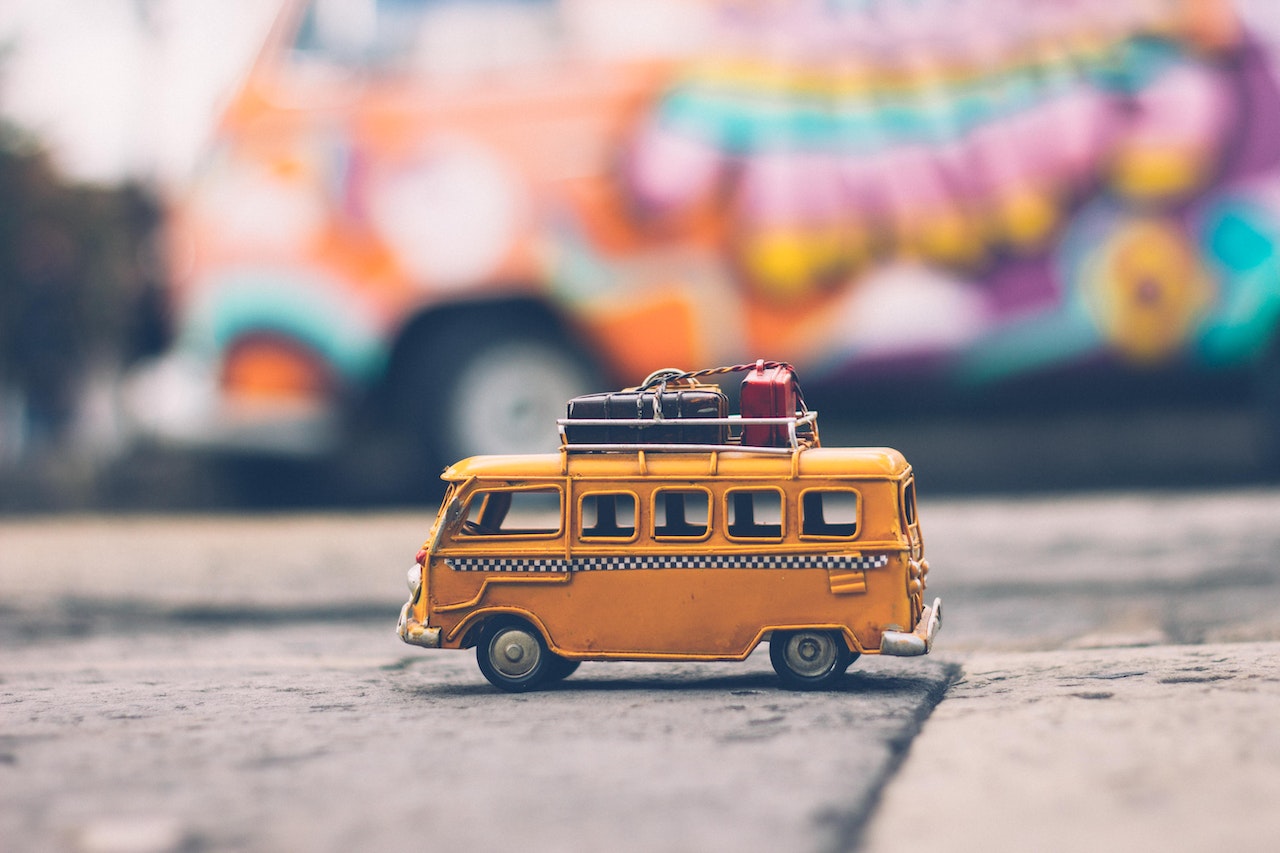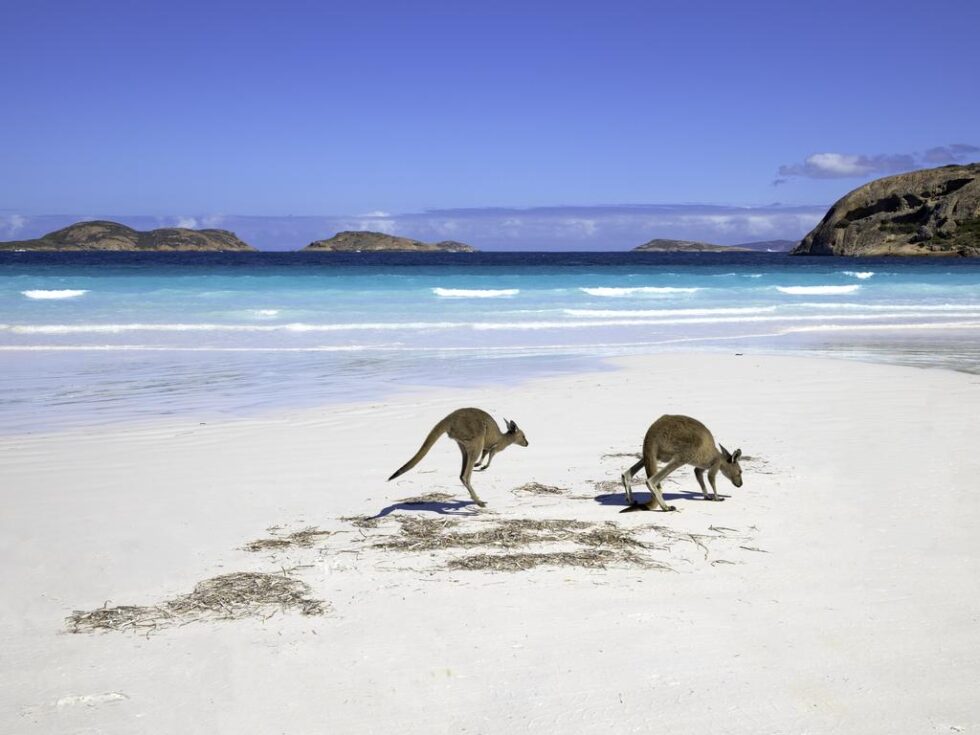
If puddles make you think of cold days, grey water and making a splash in your gum boots back in your childhood, then Lake McKenzie or Boorangoora is your adult update.
Think blue-tinged water clear as a gin cocktail, pure white sand, and one of the world’s most unusual landscapes. This is a puddle for the Instagram age.

Lake McKenzie isn’t a lake at all, properly speaking, since it isn’t fed by streams, and sits well above the water table. Instead, it’s what geographers call a perched lake, really a giant puddle created solely by accumulated rainwater. An impervious mix of sand and organic matter on the lake bed prevents the rain from draining away.
You’ll find Lake McKenzie in the central-south of K’gari (formerly Fraser Island) in southern Queensland, along the Central Lakes Scenic Drive, which is accessible only by 4WD, though you can join a tour if you don’t own or haven’t rented one.
Getting there is a challenge of roots and ruts, and the drive can be excitingly slippery with mud after rain, but it reveals another uniquely beautiful manifestation of nature, K’gari’s rainforest, which grows out of sand.
The rainforest really ought not to be there at all. No other sand island in the world has any. But the rainforest on K’gari thrives: kauri pines soar 45 metres, giant ferns sprout and the leaf canopy is so dense that you drive – or more accurately lurch along – in its perpetual shade.

You know you’ve arrived at Lake McKenzie when you see the day-use area, which sits in the rainforest just off the 4WD track without intruding on the landscape. It has drop toilets and picnic and barbecue facilities.
From here a short walk down a sandy path through blackbutts and scribbly gums takes you to the water’s edge. There’s no slow reveal. You step out of the trees and this glorious spot wallops you with its pristine beauty. How long has it taken to create this huge puddle? Who knows. A long time, you’d imagine because it’s 1.2 kilometres long and 930 metres wide. That’s a lot of rain.
Perched lakes are rare, though not on K’gari, which has almost half of all the perched lakes in the world. You can bet Lake McKenzie is the best. The colour is stunning. The Butchella people believe the lake to be the blue eye of K’gari. The shallows are neon blue, and then in an abrupt change suddenly ink blue, like a giant pupil staring back at you. Dawn is best if you can make it – there’s a basic bush camp not far from the day-use area – since the low light brings out the lake’s subtle peacock shades.
You won’t have to share the moment with anyone else either because holidaymakers and backpackers tend to be late risers. Most of the lake is about five metres deep and shelves off quickly, so watch out if you aren’t a good swimmer and keep an eye on the kids. There is however enough of a shallow rim to let you wallow in 23-degree water year-round. You can sit up to your neck and squint at the dazzling blue.
Despite the super-clear water, you needn’t bother with a snorkel and mask because the lake water is so pure and alkaline that nothing except for a few reeds and turtles live in it. You’d be better hauling in a kayak or paddleboard if you have one. Get your camera and paddleboard poses ready: reflections in this very still lake are near perfect.
As if the water isn’t good enough, the sand is extraordinary. You won’t find a shell or fishbone or washed-up weed to disturb its perfection. The pure white silica has such a super-fine consistency that you feel as if you’re walking on talcum powder. Once you’re in the water, it squishes silkily between your toes as if you’re stepping through half-melted butter.

The Butchulla people met here for decision-making – the native name for Lake McKenzie, Boorangoora, means Waters of Wisdom – but it’s hard to imagine anyone could concentrate on important matters in this slice of hedonistic paradise.
The alkaline water and soft sand are supposed to be good for your skin. Or maybe it’s the simple beauty of the scene that produces the euphoria. All you’ll want to do is float, think of nothing at all, and live in the moment. (Brian Johnston)



